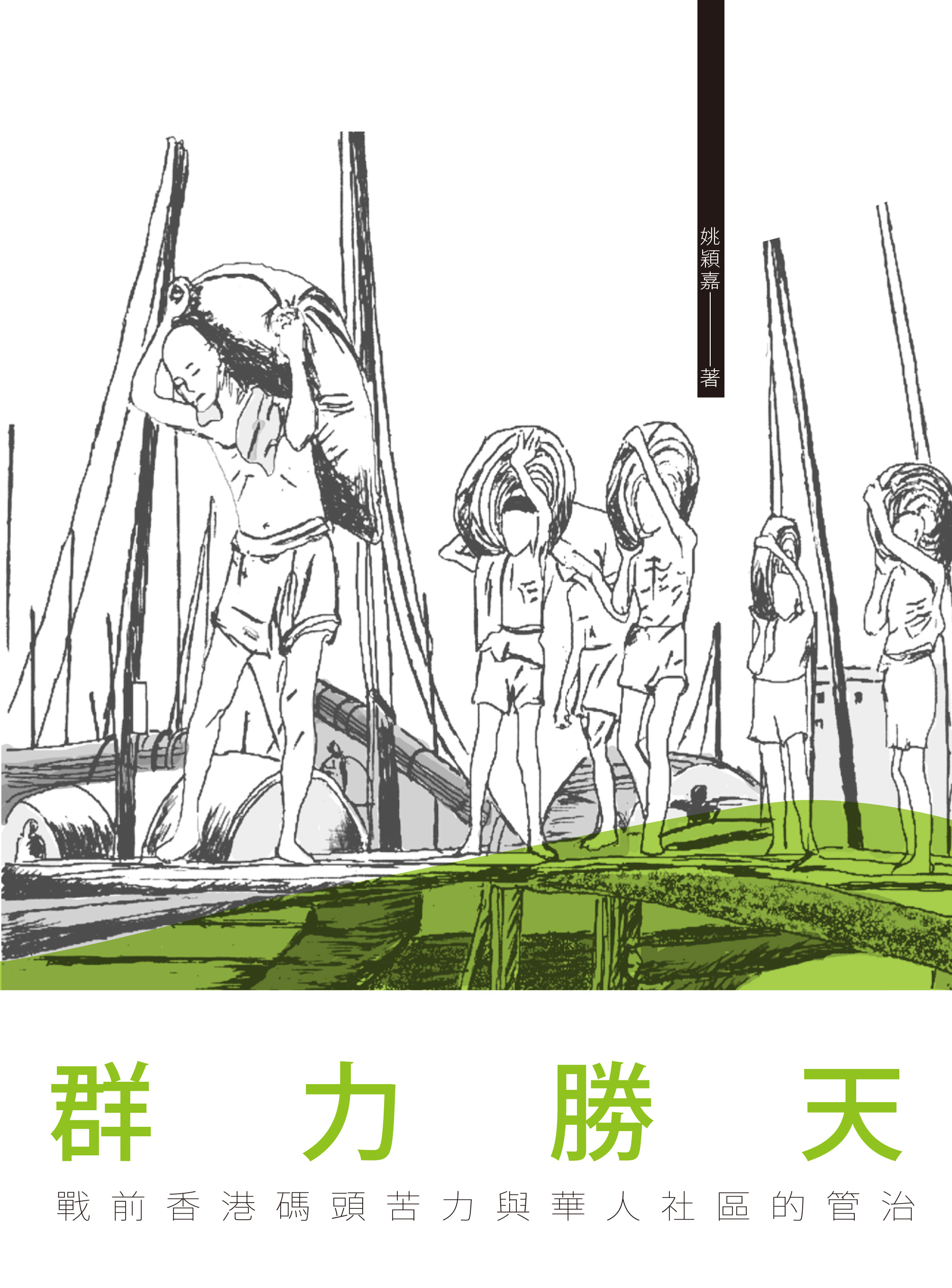
Power of the crowd --dock laborers and the governance of the Chinese community in pre-war Hong Kong
The author's research covers the period from 1844 to 1945. By understanding the life and work of dock coolies, the author examines how these Chinese lower-class interacted with the government to shed new light on Chinese society. The study focuses on the dock coolie community because there is a lack of relevant discourse in existing Hong Kong historical literature. Since it became a free port, the relationship between the shipping industry and Hong Kong's economic development has been close. Before the war, the transportation of goods relied on manpower, and it was an industry that many grassroots Chinese relied on for their livelihoods due to a lack of survival skills. Therefore, dock coolies’ life is representative of the general conditions experienced by the Chinese community in Hong Kong. This study uses a social history perspective to look at the history of Chinese people and the colonial government through the Hong Kong dock coolie community, as a supplementary discourse to Hong Kong history. The author uses a micro-historical approach to reconstruct the history of the lower-class community by collecting and organizing a large amount of fragmented historical materials, thereby achieving the goal of reflecting on Hong Kong people's values.




